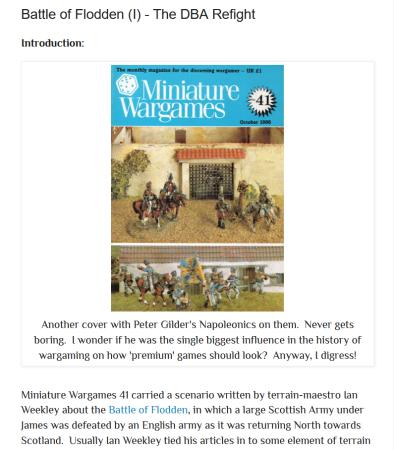
What's in a Name?
314 pages. Index, bibliography, list of web resources.
Today, we take patronymic names – that is, the fact that people today have last names based on their family – for granted. However, it was the Norman Conquest (and subsequent taxation) that introduced patronymic names on a large scale in Great Britain – having a first and last name made a person easier to identify and to tax!
This book provides snapshot biographies for several hundred British family names. 'Common' last names such as Baker or Butcher are excluded, as these had multiple origins based on someone's trade. The names in this book typically come from 'important' families (with enough wealth to tax), either Anglo-Saxon or introduced by the Norman Conquest.
The book is organized by region:
- North-East England
- North-West England
- The West Midlands
- The East Midlands
- East Anglia
- The South East
- The South West
- Scotland
- Wales
- Ireland
Families are then listed alphabetically within each region, and there is an index as well, so it is easy to find specific families.
By way of example, I looked up several of my own family names in the index. My sixth-great-grandfather was Morgan Morgan, recognized today as the 'founder' of West Virginia. Looking up Morgan…
The Morgan Family of Newport
A Celtic-Gaelic name of great antiquity, generally accepted as meaning 'sea chieftain' or 'of the sea', derived from the Old Welsh personal name Morcant, which is incorporated in Glamorgan (meaning 'son of Morgan'). It is most common in Caernarvonshire in North Wales, in the old kingdom of Gwynedd…
It goes on to mention the first recorded instance of the name, famous Morgans, and Morgans in the peerage – Sir Charles Robinson Morgan became Baron Tredegar in 1859, but the peerage died out in 1962.
This is a useful reference book for family historians, keeping in mind that each family entry is quite brief. It is interesting for anyone who wants to learn more about the evolution of British last names. The index also breaks down family names by battles they were connected with.
And for wargamers? If you need to invent a character for your wargaming campaign or next Pulp adventure, roll some dice to pick a random page and you've got an instant background. Let's see, page 162, the Colville family, comes from Old Norse, came over from Normandy, mostly found in Scotland, they have a clan chief who is also Viscount Colville in the House of Lords. That's enough to spin a tale on!
A useful reference book. Recommended. Currently available in hardback, with a paperback edition coming later this year.
Reviewed by ![]() Editor in Chief Bill
Editor in Chief Bill ![]()
![]() .
.







